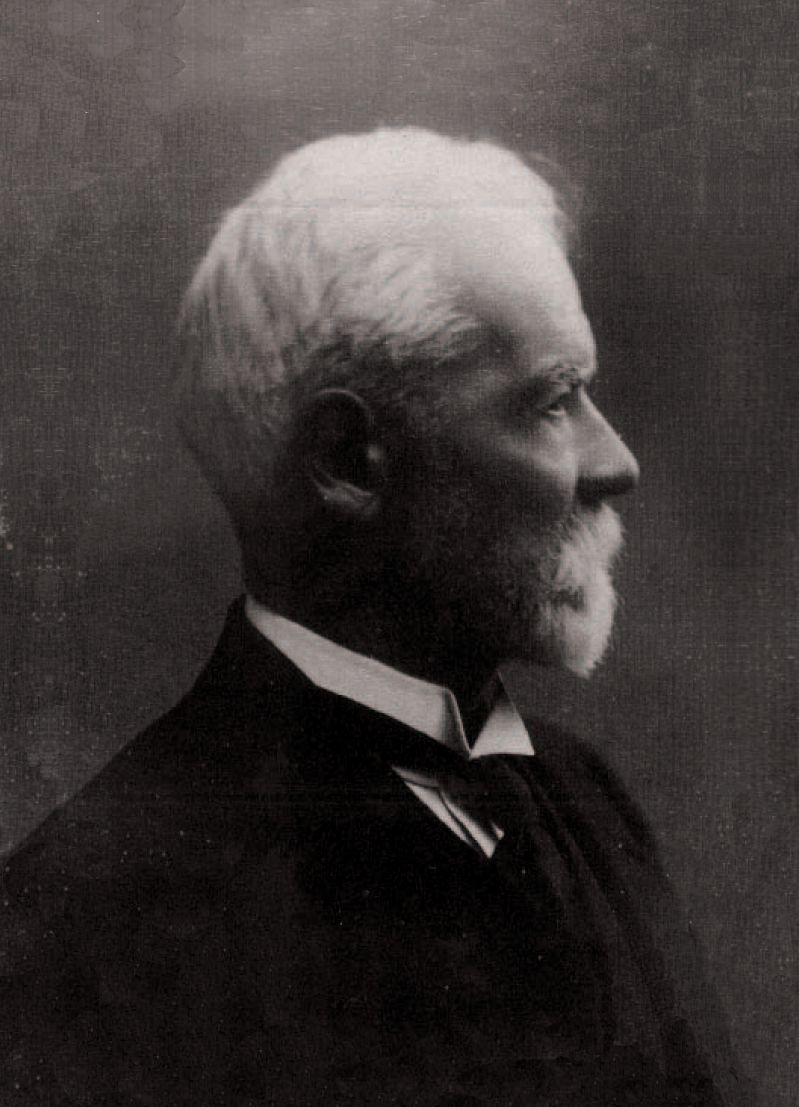Henri Fayol made his observatiosn on general management in his book, Administration Industrielle et Generale:
1.“Employees should receive orders from one superior only”. How did Fayol define this principle?Unity of Command. Unity of command states that every worker should have only one immediate superior – he or she is responsible to that person and should ideally receive orders from that person only. This helps to pin responsibility in case of faults and fix errors in the system more easily. It also helps prevent chaos.
Discipline. Discipline was one of the most important principles (according to Fayol). He declared that discipline requires good superiors at all levels.
Esprit de Corps. Fayol was a Frenchman. He made his observations on general management in his book, “Administration Industrielle et Generale.”
Gang plank Policy. Suppose a supervisor in the service sector (of a firm) wanted to communicate something to his or her counterpart in the production sector. Following the formal line of communication would mean that he/she had to communicate to his/her superior who contacts theirs and so on till the person who is head of both the departments is contacted; from the latter, the message is routed downwards till it reaches the required person. As per the “Gang plank policy”, the supervisor can contact a counterpart in any department directly (subject to approval from his/her superior).
Unity of Direction. Every department in an organisation must move according to specified plan – it is not only necessary that the plan optimises the working of the department; it should also be made considering the organisation as a whole (to prevent plans of different departments from clashing).
Fayol believed that it is necessary to have division of labour to improve efficiency. He wanted this principle to all kinds of work – both managerial as well as technical.
Social. Order was defined as “a place for everything (everyone) and everything (everyone) in its (his or her) place”.
Personal. Official authority was derived from the manager’s position while personal authority was obtained from a combination of factors like intelligence, past service, moral worth, experience, informal relationships etc.
He advocated that both ‘interests’ should be met but when these interests collide (or differ), then the overall interest (general interest) must prevail. Management must also try to reconcile the differences.
Centralisation. Fayol maintained that individual circumstances will degree (of centralisation) that is needed to “give the best overall yield”.
Did you find these entries particularly interesting, or do you have comments / corrections to make? Let the author know!
